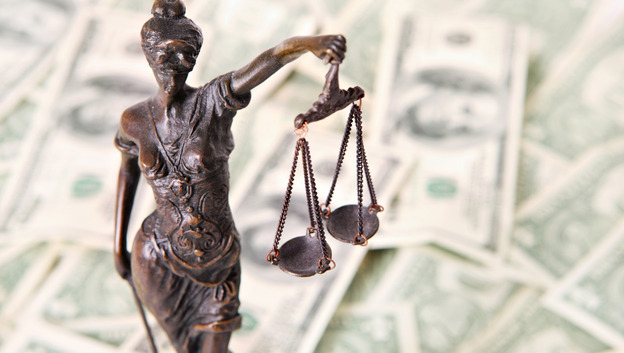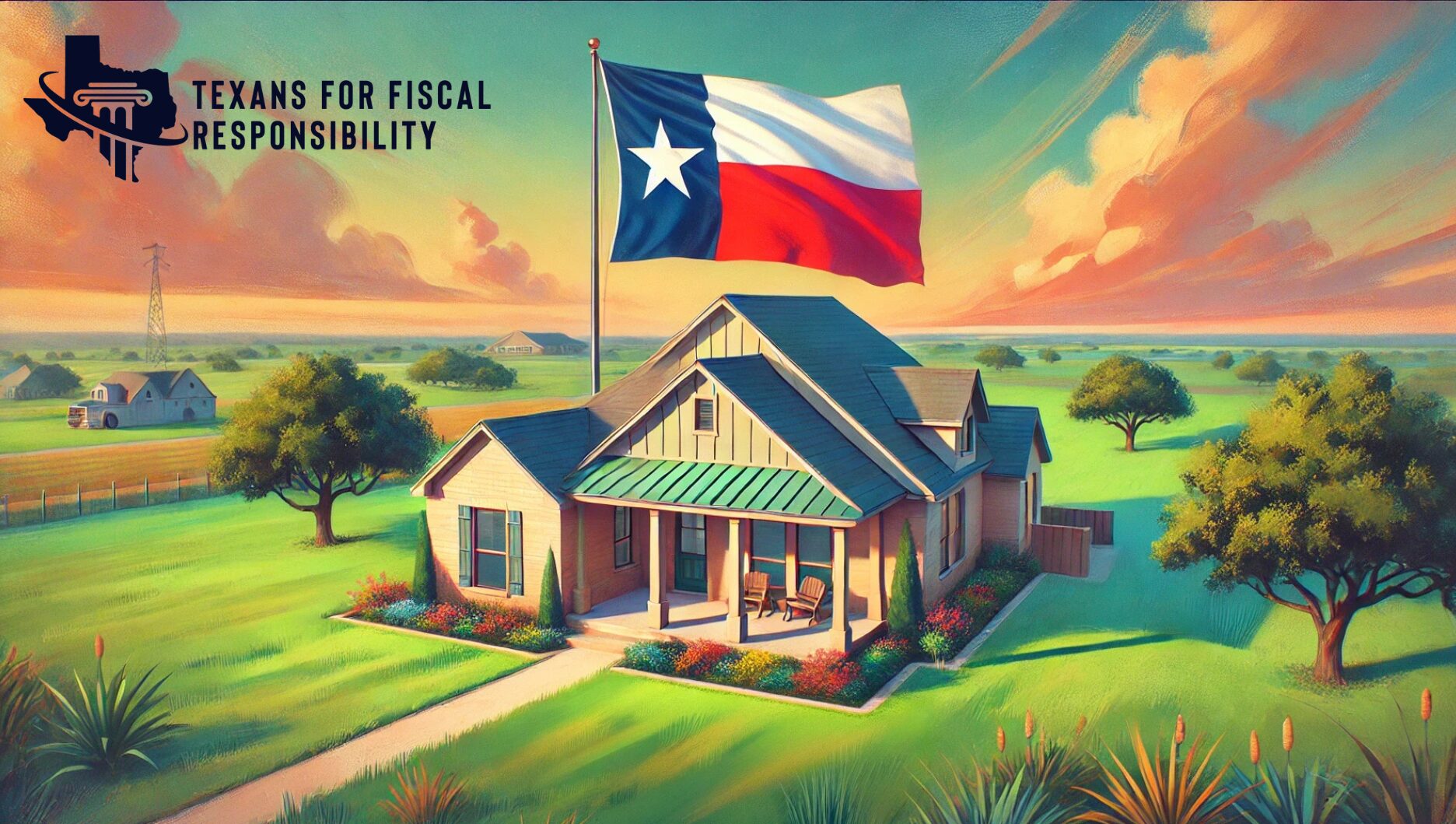
Property taxes are a contentious issue for many people, with some (mostly local government officials) arguing that they are an important source of funding for government services. In contrast, Texans for Fiscal Responsibility (TFR) and many Texas taxpayers argue that they are a violation of the right to private property.
In this article, I will examine the immorality of property taxes, with a specific focus on how they violate the right to private property.
The Right to Private Property
The right to private property is one of the most fundamental human rights, and this right is enshrined in the Fifth Amendment to the U.S. Constitution.
“No person shall be held to answer for a capital, or otherwise infamous crime, unless on a presentment or indictment of a Grand Jury, except in cases arising in the land or naval forces, or in the Militia, when in actual service in time of War or public danger; nor shall any person be subject for the same offence to be twice put in jeopardy of life or limb; nor shall be compelled in any criminal case to be a witness against himself, nor be deprived of life, liberty, or property, without due process of law; nor shall private property be taken for public use, without just compensation.”
Fifth Amendment, U.S. Constitution
This right gives individuals the power to use, possess, and dispose of their property as they see fit, without interference from the government or others. Property taxes, however, put a significant burden on the right to private property by requiring individuals to pay a portion of the value of their property to the government. This ultimately equates to a lease that homeowners must pay to the government, for the privilege of living in their home.
The idea behind property taxes is that they provide a stable source of funding for local government services. However, this argument fails to consider that property taxes are a regressive form of taxation, meaning that they disproportionately affect those with lower incomes. For example, a person who owns a modest home may pay a higher percentage of their income in property taxes than someone who owns a large estate, even though the latter may have much more money overall. This means that property taxes are inherently unfair, as they put a disproportionate burden on those who can least afford them.
Another issue with property taxes is that they can lead to a loss of property rights. For example, if an individual cannot afford to pay their property taxes, the government may seize their property, meaning that the individual loses the right to use, possess, or dispose of their property. According to Texas statute (Tex. Tax Code § 33.41.), a homeowner only has to be one day in deferral before the foreclosure process can start (this decision is ultimately up to the local taxing authority).
In addition, property taxes can discourage investment and economic growth. For example, if a person wants to invest in a new business or improve their property, they may be reluctant to do so if they know that the increased value of their property will result in a higher property tax bill. This means that property taxes can discourage individuals from making investments that would benefit both themselves and the community.
Another major concern with property taxes is that they can lead to gentrification, as people are forced to move from their homes because they cannot afford the property taxes. This not only leads to the loss of property rights but also the displacement of low-income communities and the concentration of wealth in certain areas.
Property taxes can be difficult to predict and can fluctuate quickly (as we saw in the recent real estate bull market in Texas), making it difficult for individuals to plan their finances. For example, if local governments change the property tax rate or if the value of a person’s property changes, their property tax bill may increase and cause them financial hardship.
Property taxes are deeply unjust, as they are a clear violation of the right to private property. They are regressive and difficult to predict, and they can lead to a loss of property rights, discourage investment and economic growth, and contribute to gentrification. If we want to ensure that all people have the right to private property, we must find alternative ways to fund government services that do not infringe on this fundamental human right.
The Opportunity in Front of Us
It is incumbent upon the Texas Legislature to put us on a path to property tax elimination. Without action from state legislators on this matter, Texas taxpayers will be forced to pay rent to the government perpetually. As long as there are property taxes in Texas, there will be no real private property ownership.
TFR opposes property taxes for this very reason, and we call upon state lawmakers to end this unjust practice and move to a different source of funding local governments that does not infringe upon the right of private property ownership.




